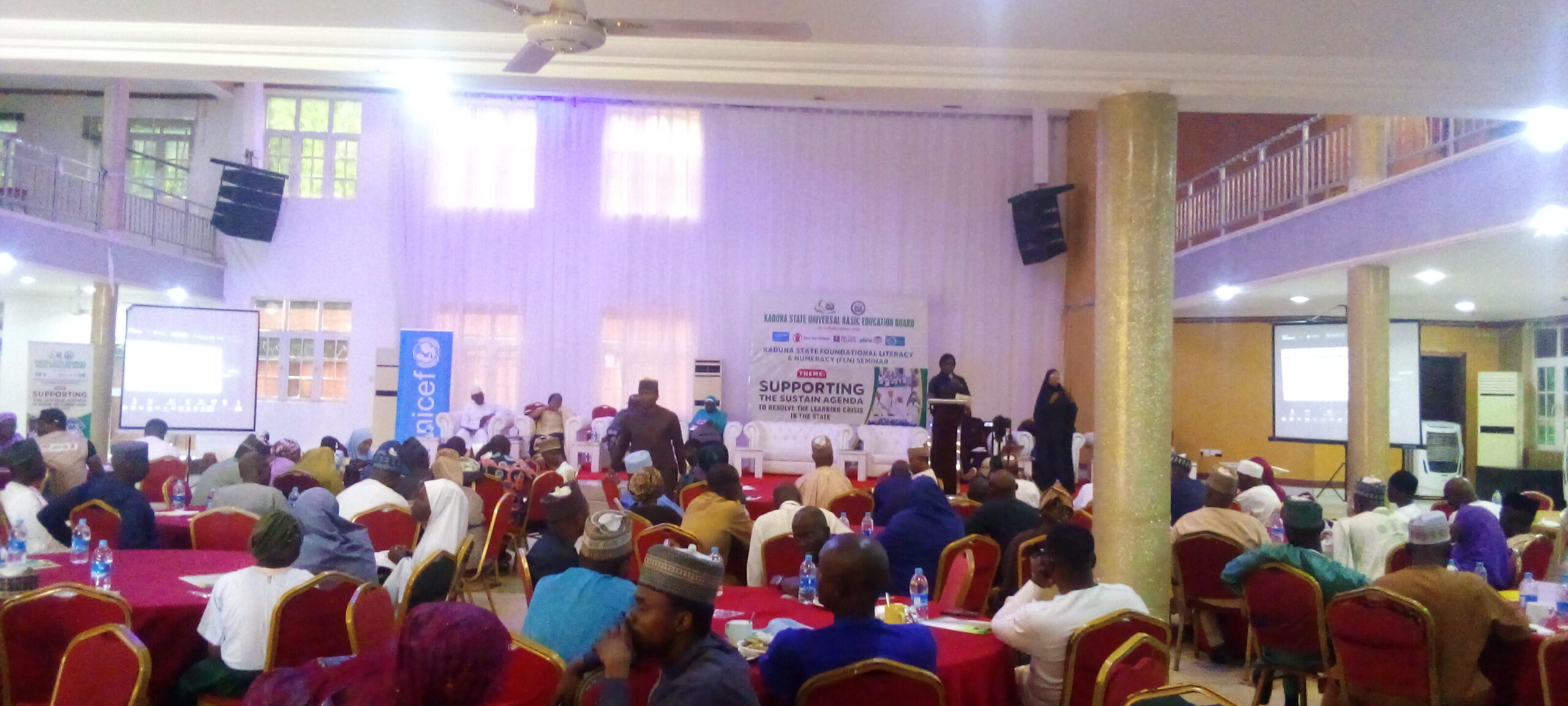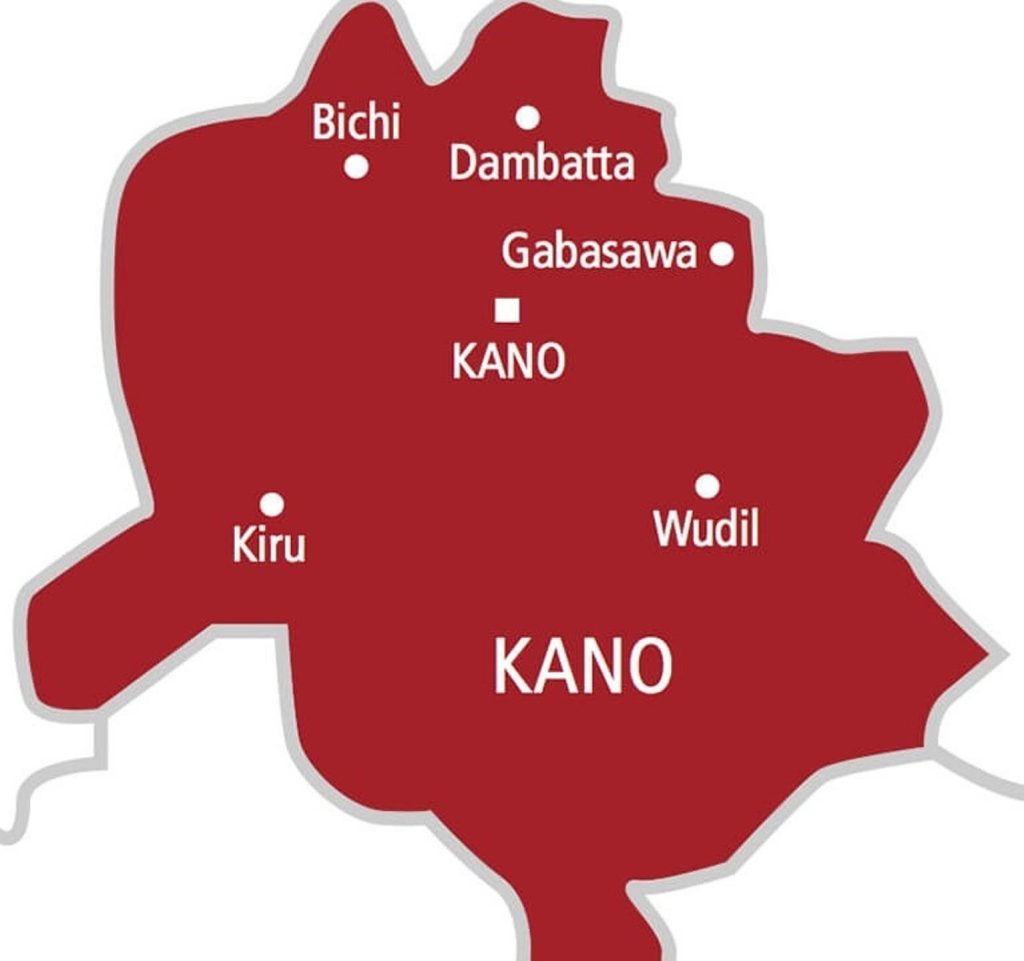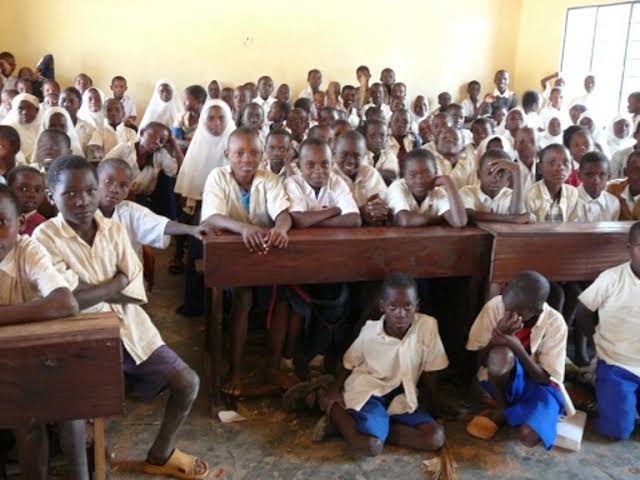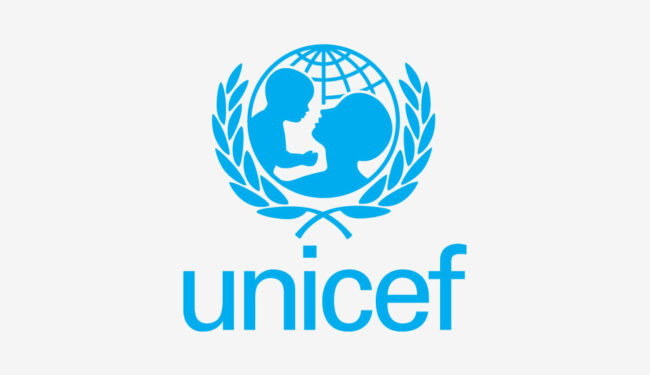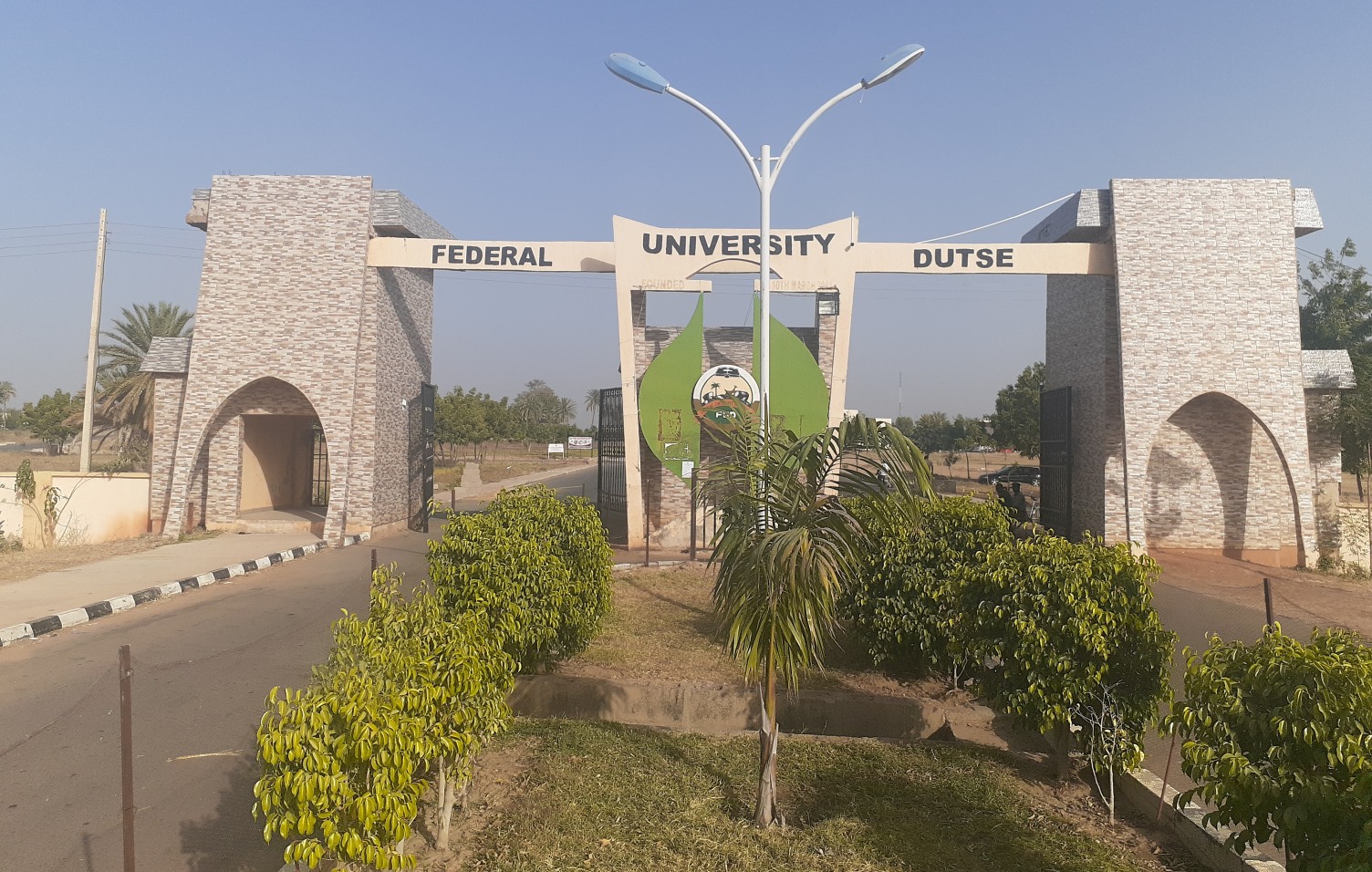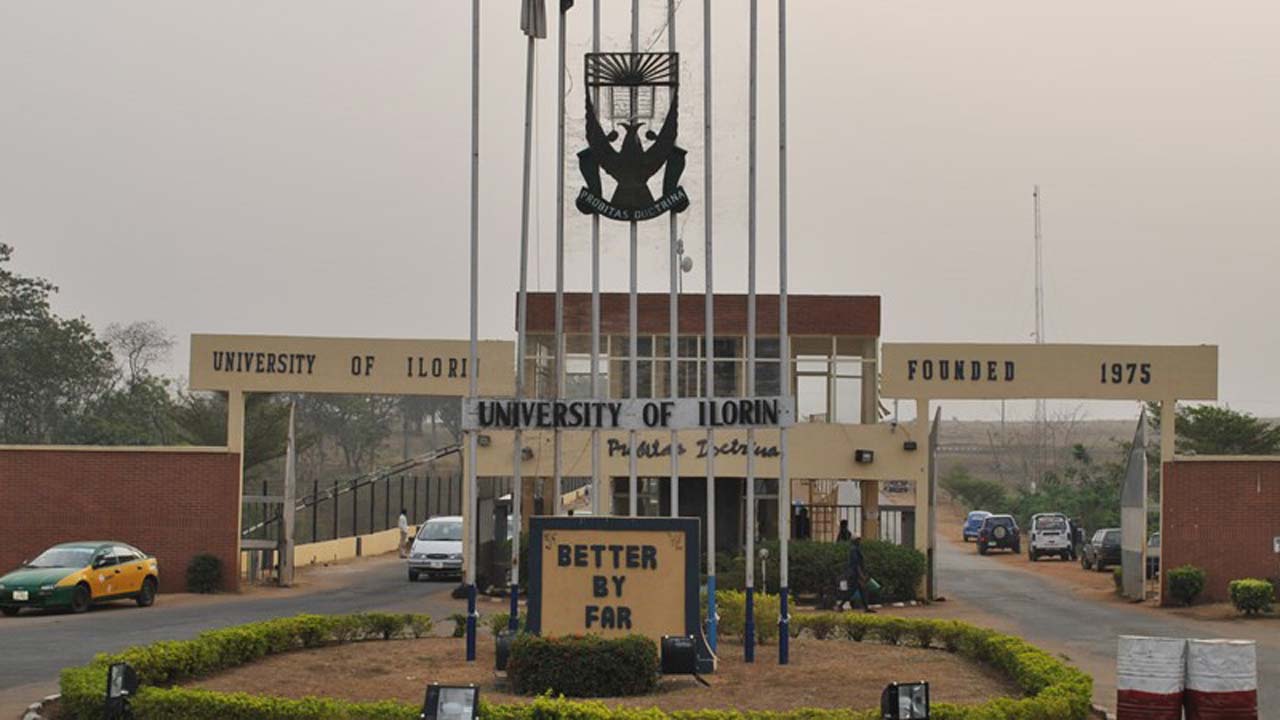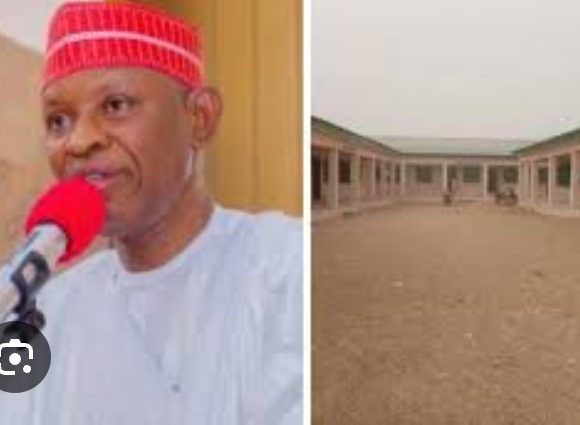Foundational literacy, numeracy, cornerstones of child’s educational journey – Sani
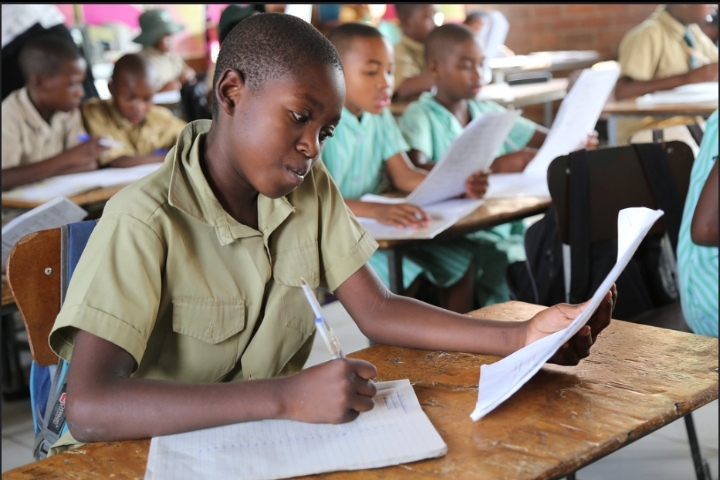

KADUNA (Sundiata Scholar) – Gov. Uba Sani of Kaduna State says Foundational Literacy and Numeracy (FLN) are the cornerstones of every child’s educational journey.
Sani, represented by the State’s Commissioner for Education, Prof. Muhammad Bello, said this at a two-day seminar organised by the State Universal Basic Education Board (SUBEB), with support from the partners on the FLN.
The theme of the seminar was “Supporting the Sustain Agenda to Resolve the Learning Crisis in the State”.
The FLN partners that supported the seminar were: UNICEF, British Council, Partnership for Learning for All in Nigeria (PLANE), Save the Children International (SCI) Nigeria and Teaching at the Right Level (TaRL) Africa.
According to Sani, FLN are the essential skills that not only determine academic success but also pave the way for lifelong learning and personal development.
He said the seminar provided an invaluable opportunity to exchange ideas, share best practices and explore innovative learning pathways that could be scaled up across the state and beyond.
Sani equally said the seminar was a testament to the state’s shared commitment to ensuring that the children in the state receive the quality education they deserve.
Sani restated his administration’s commitment to creating an inclusive and equitable education system where no child was left behind.
He, however, said achieving the goal required a collective effort, innovative approaches and a deep understanding of unique challenges children face.
“This seminar is a step forward in that direction.As we embark on this journey together, let us remain focus on our common objective to provide every child with the tools needed to succeed in life,” Sani said.
He thanked the FLN partners for their unwavering support and dedication to improving the educational outcomes of children in the state.
Earlier, the Executive Chairman of SUBEB, Tijjani Abdullahi, reiterated the state government’s commitment to improving the educational outcomes of children in the state.
Abdullahi emphasised the importance of FLN as the foundation upon which all future learning was built.
He added that the seminar would provide a platform for stakeholders to share ideas and best practices in improving FLN skills among children in the state.
Abdullahi expressed optimism that the seminar would help identify innovative solutions to address the learning crisis in the state.
He assured that Kaduna SUBEB would continue to work tirelessly to ensure that every child in the state receives quality education, regardless of their background or location.
Abdullahi thanked the partners for their support and collaboration, saying, ”together, we could make a significant difference in the lives of children in Kaduna.”
One of the FLN partners, the Chief of Field Office, UNICEF Kaduna, Gerida Birukila, said Nigeria was currently facing a deep learning crisis, with children from poor households and rural areas being the most affected.
Birukila, represented by Mr Bala Dada, the Education Officer, UNICEF Kaduna, said schooling does not equate to learning.
She stated that the 2022 Kaduna State Bureau of Statistics survey found a learning poverty at the rate of 74.7 per cent.
This means children who cannot read and understand a simple story or perform simple mathematics by the end of primary school
She stressed, ”If the current trend continues, the children will be denied education.
”Thereby, setting in motion a life of missed opportunities including the chance to develop the transferable, digital and job-specific skills they need to break cycles of intergenerational poverty.”
Birukila lamented that in spite of the efforts by the Nigerian government, donors, and other stakeholders, the problem of non-learning in schools was still persisting.
According to her, the situation is made worse by poverty, conflicts, displacements, remoteness, poor access to learning resources and in the recent past, the COVID-19 pandemic.
She, however, said that while the numbers were disturbing, all hope was not lost.
Birukila said, “UNICEF has been supporting state governments to implement effective evidence-based programmes to strengthen FLN skills such as a play based Early Childhood Education for pre-primary learners.
“We also support in implementing Reading and Numeracy Activity (RANA), Teaching at the Right Level (TARL) as well as a school-based teacher professional development approach to support teachers.”
According to her, the approaches were effective and significantly improved student learning outcomes across various parts of the country including the state.
She further said that the models have proved to be cost-effective with Kaduna State showing increased interest and support by committing to fund a statewide scale-up of TaRL and other FLN strategies.
Birukila, therefore, said addressing the persisting learning poverty in the states requires examination of the evidence of what works and explore further partnerships with the State, NGOs, development partners and communities.
Also, Aisha Ado, the state Team Lead of TaRL Africa, said on the educational approach, they focus on ensuring that children are taught at their individual learning levels, rather than their grade levels.
As the state’s Team Lead of TaRL Africa in Kaduna, she said she saw the firsthand impact the approach could have on children’s learning outcomes. (NAN)


